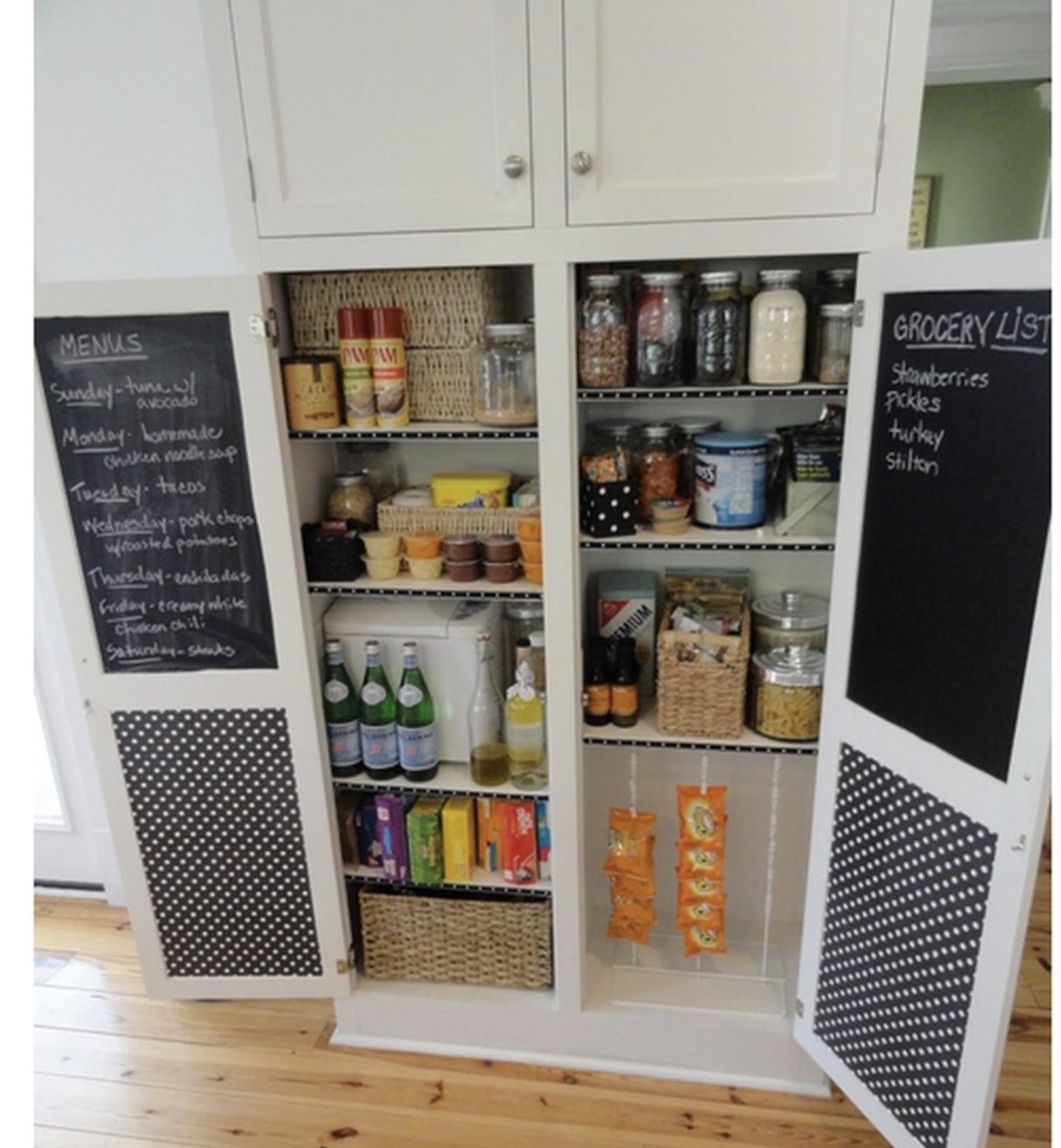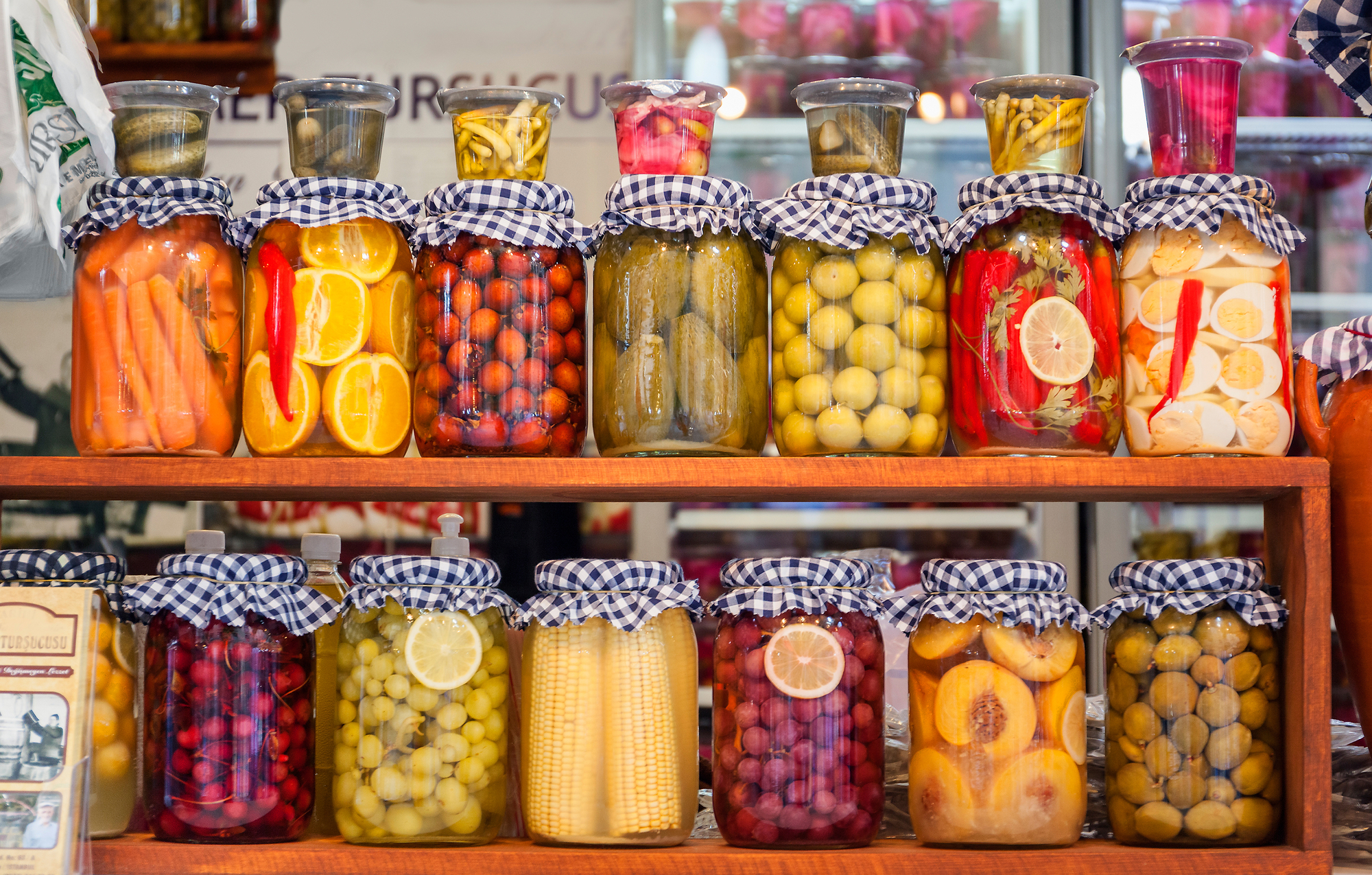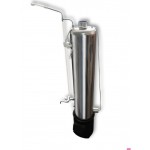
How to Properly Store Preserved Foods
It’s easy to preserve food at home when using modern autoclaves — devices that make the job easier for housekeepers. However, it's equally important to store the finished product properly, as preserves can spoil.
There are general rules for storing homemade preserves. Vegetable preserves that have been thermally processed (boiled, stewed, etc.) can be stored at a temperature no higher than 20 degrees, with relative humidity of approximately 75%. Fermented and salted vegetables and fruits should be stored at temperatures between 0 to 4 degrees. That’s why they are often kept in the refrigerator. Meat preserves, mushrooms, or similar products should be stored at 3-8 degrees.
Preserves should never be stored at freezing temperatures. Of course, if there’s no other option, you can do it temporarily, but not for long. At low temperatures, the product inside the jar will freeze, and after thawing, it will lose its visual appeal. The worst outcome with this type of storage is the cracking of the jar, as liquids expand when they freeze.
IMPORTANT! Never consume preserves from a damaged jar because small, invisible glass shards may be inside. Also, the jar’s seal may be compromised, allowing bacteria to enter. Therefore, if the jar is cracked — consuming the product is strictly prohibited.
Where to Store Preserves?
Basement. If you live in a private house or have a summer home, there's usually a basement. This is the best place to store preserves due to the temperature and humidity inside. However, certain conditions must be met here as well.

If the basement is cold, it needs to be insulated in the winter to prevent the temperature from dropping below zero. There should also be ventilation in the basement to avoid it becoming too hot in summer or creating a greenhouse effect. Before the canning season begins, the basement can be treated with disinfectants to prevent mold and fungi, which often appear there.
Apartment. It can be difficult to find the perfect spot in an apartment to store preserved foods. You are fortunate if your apartment has a small pantry for storing preserves. If not, a small cabinet can be set up for the jars. In older homes, there was a special niche with shelves for jars located under the kitchen windowsill.
The main rules for storing preserves in an apartment are keeping them out of direct sunlight, so it’s better to store them in a dark place. It’s also important to keep the jars away from heat sources, such as gas stoves or radiators.
Balcony. A balcony is another notable part of an apartment that simplifies storing preserves. However, there are several nuances here. You cannot store jars on a balcony if it has a radiator that can’t be turned off. Open balconies are also unsuitable for storage, as the temperature will drop below zero in the winter. Drying clothes on the balcony during winter can negatively affect storage conditions due to increased humidity, which may spoil the lids.

How Long Can Preserves Be Stored?
Many housekeepers are surprised to learn that homemade preserves also have a shelf life. This is one of the key factors for tasty and, most importantly, safe preserved foods.
Homemade meat preserves should not be stored for more than one year. This duration is possible only under ideal storage conditions, as described above. Since it’s often hard to maintain such conditions, it is recommended to consume meat preserves within six months. Consuming them after their expiration date is dangerous to health and life.
Vegetable salads, zucchini caviar, or other preserves that contain vinegar or citric acid, according to the recipe, can be stored longer — about six months to a year and a half. These two components are excellent preservatives and extend the shelf life.
Mushrooms can only be stored for 10 months. After this period, it’s better not to consume them, even if you are confident in the preparation method.
Interesting enough, the shelf life of compotes varies. If the drink is made from fruits containing seeds, the shelf life is no more than 12 months. If made from berries without seeds, such products can be consumed within 18 months. This is due to the presence of amygdalin inside the seed, which transforms into hydrocyanic acid over time, harmful to human health.

Another important consideration is the storage of preserves after opening. The presence of vinegar or citric acid again extends the shelf life to five days. However, the ideal shelf life after opening any preserve is 24 hours.
How to Tell If a Product Has Gone Bad?
To protect yourself and your family from spoiled preserves, pay attention to the following signs:
- Deformation of the lid (this indicates an error in the preparation process and the presence of microorganisms in the product);
- Cloudiness in the marinade or compote;
- Mold inside the jar;
- White residue on the products.
Ukrpromtech manufactures modern autoclaves of various configurations and capacities for home use, as well as a range of industrial models and budget autoclaves. Leading metalworking technologies and high-quality materials are used in their production. By calling our managers, you will receive comprehensive answers to your questions, useful tips, and recommendations. You can contact us at: (050) 376-60-86 or (067) 370-27-22.
We also offer a wide range of other metal products: distillation units, cheese makers, boilers, picnic discs, smokehouses, and more. By choosing us, you’ll get a quality product that simplifies the preparation of your favorite dishes.









